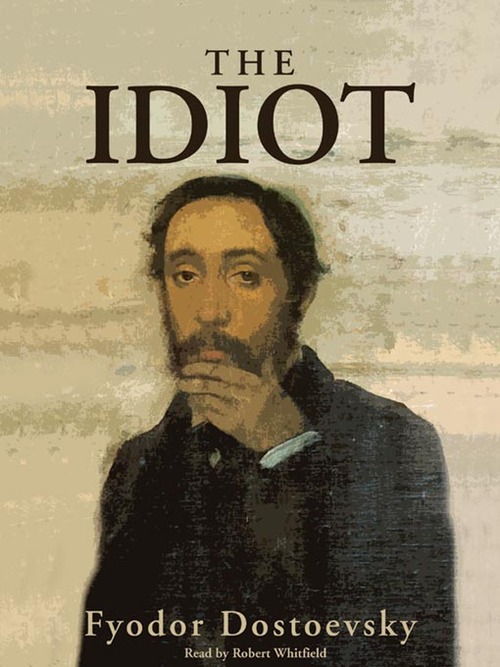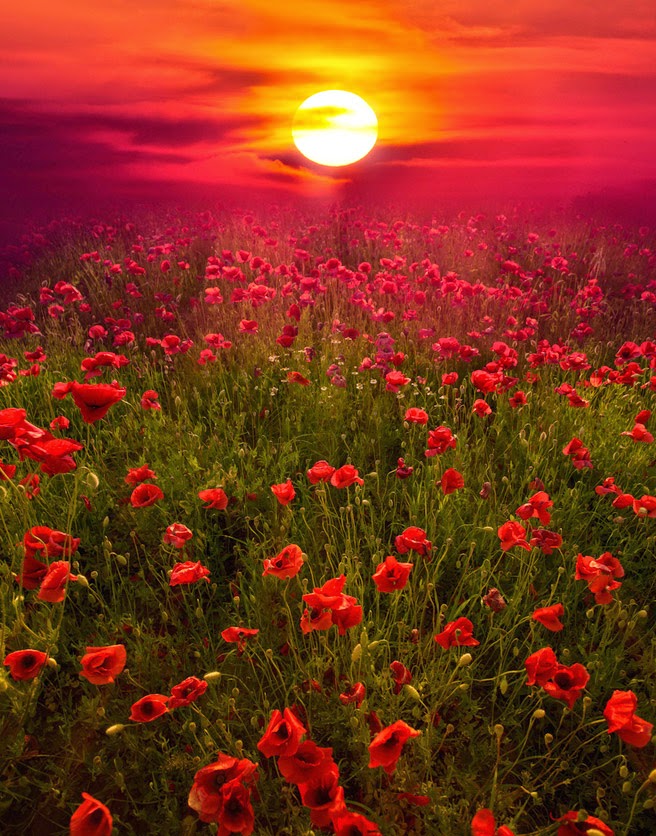A novel that deeply affected me when I was young is Dostoevsky’s “The Idiot.” In it, the central character utters one of the most memorable and mysterious lines in all of literature: “Beauty will save the world.” What did Dostoevsky mean, and how might it be true?
 The main character in “The Idiot” is Prince Myshkin, an epileptic Russian nobleman, a Christ-like figure who stands out in Czarist Russian high society for his innocence. As one writer put it, “Like Myshkin, Dostoyevsky saw meaning in personal attempts to bring beauty into the world of the here and now.”
The main character in “The Idiot” is Prince Myshkin, an epileptic Russian nobleman, a Christ-like figure who stands out in Czarist Russian high society for his innocence. As one writer put it, “Like Myshkin, Dostoyevsky saw meaning in personal attempts to bring beauty into the world of the here and now.”
We are left with the same question Prince Myshkin is asked after his triumphal statement about beauty—just which beauty will save the world?
To my understanding, Dostoevsky’s prophecy does not pertain to our capacity to create and appreciate artistic beauty, but to our capacity to perceive and receive the intrinsic beauty of nature and the universe.
Great art, like Dostoevsky’s “The Idiot” (an unfortunate title, “The Fool” would be better I think) points toward ineffable beauty, and in doing so, it holds some essence of the thing itself.
Keats, in his “Ode on a Grecian Urn,” gives another intimation: “‘Beauty is truth, truth beauty’—that is all ye know on earth, and all ye need to know.” Linking beauty and truth points not toward a goal, but a way of seeing, learning and understanding along whatever path one takes in life.
For the moment, let’s dispense with relativism, and say that beauty is intrinsic, and not in the eye of the beholder. We are then faced with the knottiest problem of all—human perception.
To my mind, Dostoevsky is referring to our capacity as human beings to see beyond symbols, to have unmediated perception of beauty and truth, and then to look upon the darkness and madness of the world without getting caught in it.
He is talking about our birthright, the potential within the human mind and brain to perceive the transcendent, the ineffable, and to have a moment-to-moment insight into beauty in nature, and potentially within us.
As another writer put it, “the modern world is disfigured and trapped in darkness. It has a kind of spiritual epilepsy, an internal, maddening sickness, which, unlike for Myshkin, impairs the perception of true beauty.”
So does the perception of beauty in nature heal the “maddening sickness” of the world? And if so, isn’t that a catch-22, since the darkness of the world prevents the perception of beauty?
The only way out of a vicious circle is to stop running, and look.
“Beauty will save the world” does not refer to what is beautiful. Or to this world, which shouldn’t be saved. It refers to that which is beyond all appearances, whether natural or man-made—the numinous; and that which underlies any given age—humanity itself.
Obtusely, one famous commentator in the United States takes the opposite tack, supposedly in support of so-called Western values: “Paris placed its chips on beauty, a gamble of course, because beauty invites destruction from those who would subjugate rather than uplift the human spirit.”
An attitude like that is part of what subjugates the human spirit because it helps destroy the capacity to perceive beauty. Beauty is not a man-made thing that can be destroyed, but an awareness of sublimity in the moment.
And the only place where the sublime and the sacred can present themselves is the present. Therefore beauty cannot be defended and fought for with “a convincing military response.”
In “The Brothers Karamazov,” Dostoevsky says, “The awful thing is that beauty is mysterious as well as terrible. God and the devil are fighting there and the battlefield is the heart of man.”
That’s only half true however. Beauty is infinitely mysterious, but only darkness and evil, which are self-made and self-driven, fights for heart of man. The intelligence within nature (except man) does not fight, and has nothing to do with battlefields.
Still, there is a tremendous struggle between good and evil in and for the heart of humanity. One or the other will ultimately prevail. God, as immanent intelligence, is a benevolent bystander, allowing us to determine our own fate, not because of so-called free will, but despite it.
The perception of beauty has nothing to do with suffering. In the moment of direct perception of beauty, there is no suffering.
The afflicted Myshkin says at one point, “the moment seems to have been one of harmony and beauty in the highest degree—an instant of deepest sensation, overflowing with unbounded joy and rapture, ecstatic devotion, and completest life.”
Therefore an explication of Dostoevsky’s most famous quote might read: The capacity of human beings to directly perceive beauty and truth in the moment is what will save humanity.
Martin LeFevre

